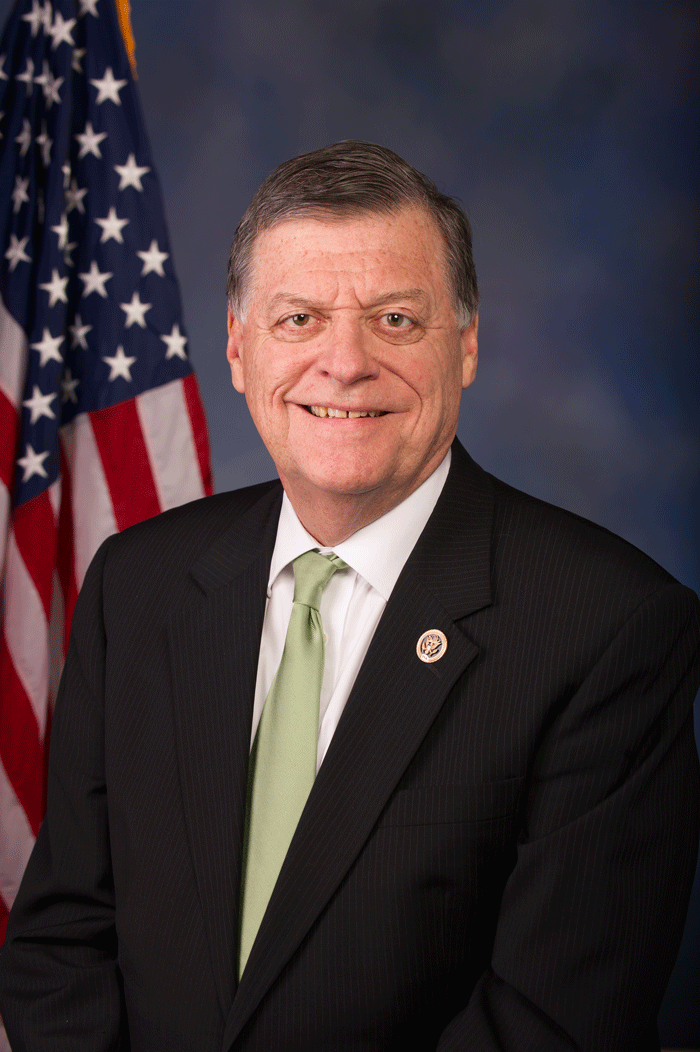
In too many communities across the nation, opioid addiction has destroyed and claimed lives, causing unexpected grief and loss for families. Without question, opioid abuse is a very real and rampant health crisis and one that is impacting individuals from all walks of life. In response to this widespread problem, I am encouraged that Congress offered solutions to combat the issue through a comprehensive piece of legislation recently signed into law by the president.
According to the National Institute on Drug Abuse, more than 115 people fall victim to opioid overdose each day. In fact, addiction to once well-intended prescription medications like oxycodone, codeine, and morphine—as well as illicit use of heroin and fentanyl—have led to the deaths of more than 42,000 Americans in just one year. The unfortunate imprint on our own state is heartbreaking; in 2016, there were 813 Oklahomans tragically lost to overdose. Along with and likely due in part to the rapid rise in opioid misuse, the nation’s overall life expectancy has seen a disturbing decline in recent years as well.
Especially since opioid addiction exists in most—if not all—American communities, confronting the epidemic has never been a partisan undertaking in Congress. And I am pleased that H.R. 6, the SUPPORT for Patients and Communities Act, demonstrates a truly bipartisan effort. Rightly so, the historic legislation reflects the concern shared by lawmakers on both sides of the aisle and the desire in both chambers to effectively confront and end this national health crisis.
Made up of several bills introduced throughout this Congress to prevent and end the cycle of opioid abuse, H.R. 6 not only addresses symptoms of the problem but confronts underlying causes of the crisis. For those currently struggling with addiction, the legislation improves treatment and recovery options and ensures help is more readily available. To prevent addiction from taking root at all, the legislation supports non-addictive opioid alternatives for pain management and discourages the disturbingly high opioid prescription rate through better drug monitoring. The legislation also supports safer communities by empowering law enforcement to keep harmful drugs from coming in and by combating illicit use of synthetic drugs like fentanyl, which is easily and often lethal.
In addition to this important effort, recent legislation to fund the government reflected the same commitment to confronting the opioid crisis. As part of a two-bill appropriations package that maintained many priorities first advanced by the subcommittee I chair, lawmakers directed $6.7 billion toward treatment and recovery programs for those battling substance abuse. This included a substantial increase for the Substance Abuse and Mental Health Services Administration. I am proud that the president signed this legislation into law at the end of September.
While it takes time to change the course of a national health crisis, I am encouraged that Congress and the president have taken critical first steps in slowing down the opioid epidemic. I believe that we can and will eliminate its hold on individuals, families, communities and our country.